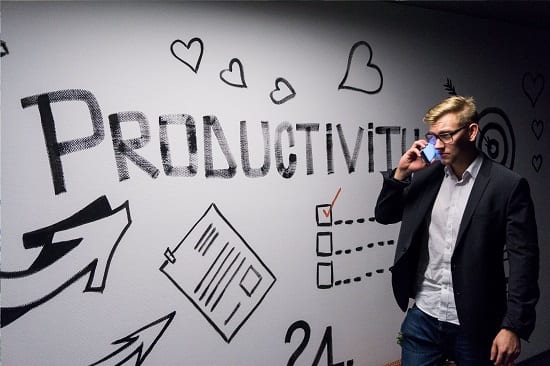
You’ve probably heard about Artificial Intelligence (AI), and it’s just as possible that you’ve engaged with it – from using Siri or Alexa, to booking online accommodation on certain sites, purchasing Amazon or Netflix’s suggestions or even responding to other Twitter users. This is just the start. AI is predicted to impact nearly every aspect of life and business in the future, and the events industry is no different.
What is AI?
AI is the term used to describe ‘smart’ computer systems that are able to perform tasks that previously only humans could do. These include things such as recognising patterns, understanding spoken language, decision-making and even learning.
Bear in mind that a computer’s processing powers can easily outstrip a human’s, which means it can carry out tasks more quickly and efficiently. Increasingly we will be able to hand over repetitive and time consuming jobs, or mammoth and daunting data-analysis tasks, to AI. Plus the computer’s performance should only keep getting better, as it learns from its successes and adjusts its algorithms accordingly.
How AI can improve events
Here are a few of the ways that AI could be used to benefit the events industry in the not-too-distant future:
Chat bots: Event attendees often have lots of questions, some of which are fairly generic (what time will the event start?) while others can be a little more complicated (is the conference content suitable for someone like me?). Currently chat bots answer simpler questions and pass the harder ones on to humans to handle. However as AI improves, this will change. AI will get better at answering more complicated queries accurately – and in a seamlessly human-like way.
What’s more, chat bots will be able to easily operate through 3rd party messaging platforms, such as Facebook, and in this way could replace the need for event apps.
Predictions: Machine learning that can make accurate predictions based on past performance could have a variety of uses at events. Much like Netflex’s recommendations, AI could take your audience’s tastes and preferences into account to suggest appealing speakers, topics or themes, and could take your needs as an organiser into account to suggest suitable venues. It could also be an invaluable matchmaking tool, mining people’s social media profiles to more accurately suggest who they are likely to benefit from networking with.
AI will also be able to predict operational needs at an event based on real-time event attendance. For example, by monitoring registration at the event and looking for patterns of consumption in the past for similar events, it will be able to warn of potential food or beverage requirements which you can then respond to quickly and smoothly.
Personalisation: Another way machine learning could give your event edge is through making recommendations to attendees that are personalised according to their location in the venue, where they have already been, the time, as well as their preferences. For example they could be sent a reminder for a talk that is about to start which they are likely to enjoy, or a notification to visit a nearby exhibition stand which is selling products similar to what they have already been shown an interest in.
Are you currently using, or looking into using, AI? Most analysts agree that now is the time to start taking advantage of it so you can get ahead of your competitors.
Do you want to know more about upcoming event trends? Find out what you can expect in 2018, in the Nov/Dec issue of Meetings.






